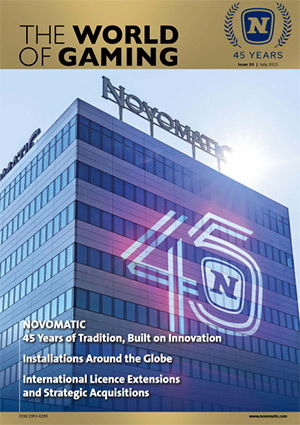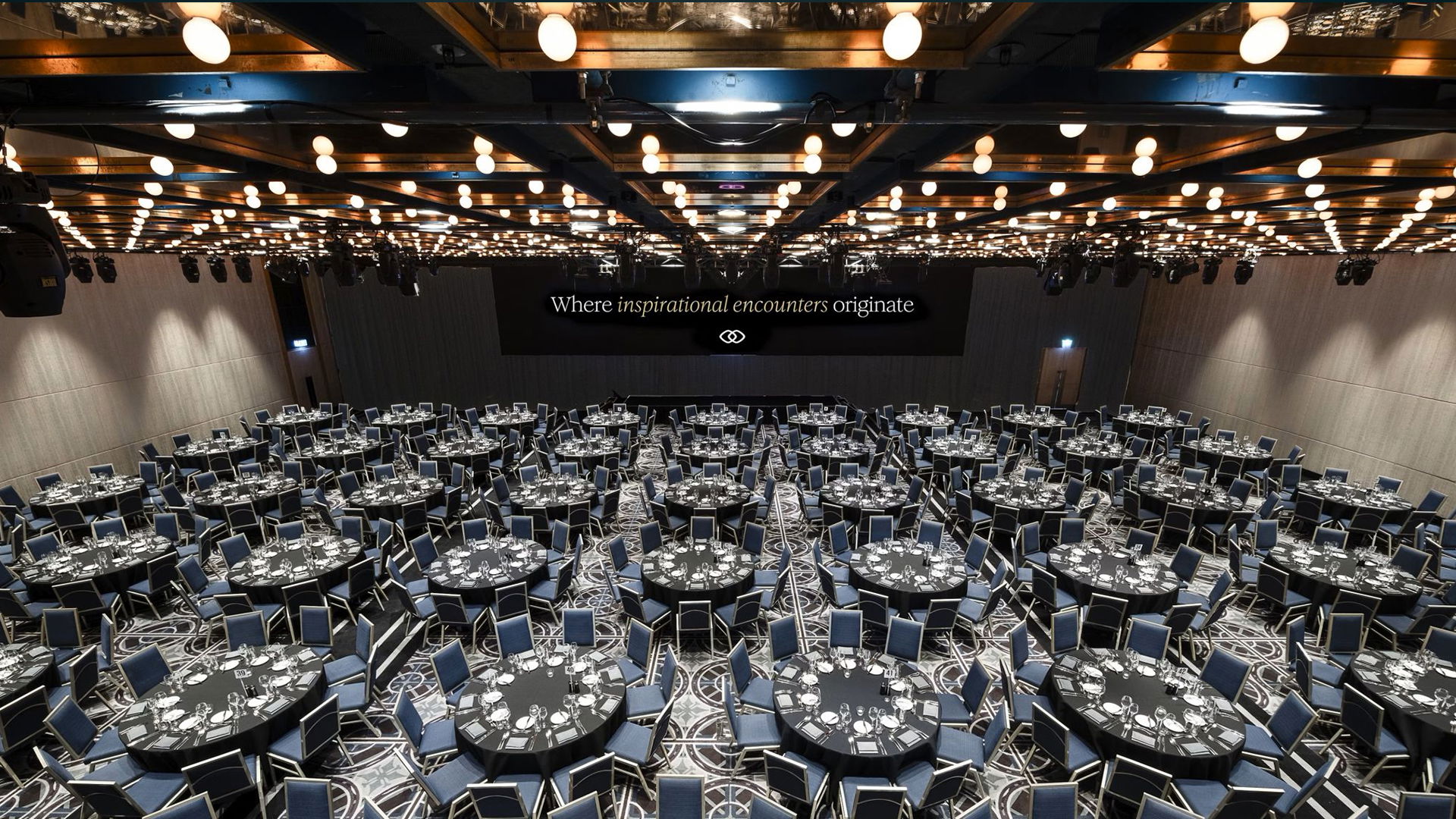Why Latin America is the new frontier for online gambling operators

In recent years, Latin America has emerged as one of the most promising regions for online gambling expansion. With a combination of rapid digital adoption, a growing middle class, and increasingly favorable regulatory environments, global operators are turning their attention to LATAM as the next major growth engine for iGaming.
From Brazil and Argentina to Colombia and Mexico, each market presents a unique mix of opportunities and challenges. Why is Latin America attracting so much attention from gambling stakeholders?
Market opportunity: Untapped potential and growing demand
Latin America presents a unique and rapidly growing market for online gambling operators. With a young, mobile-savvy population and a strong cultural passion for sports, the region offers fertile ground for digital betting platforms. As internet access expands and consumer behavior shifts online, the demand for accessible and engaging gaming experiences is rising fast.
1. Mobile-first audiences
LATAM is a mobile-first region. With widespread smartphone use and expanding internet penetration, users are accessing betting platforms primarily through mobile devices. This trend makes the region especially attractive for operators who have optimized mobile betting experiences, live betting platforms, and app-based casinos.
2. Passion for sports and live betting
Latin Americans are passionate sports fans, particularly when it comes to football (soccer). This cultural affinity creates strong demand for sports betting, especially during international tournaments and local league play. The opportunity to tie in live odds, in-play betting, and real-time engagement is enormous.
3. Low market saturation
Compared to North America or Europe, Latin America's iGaming sector is still underdeveloped. In many countries, local operators dominate the scene with relatively little competition from global giants. This makes early market entry potentially more rewarding, especially for brands that invest in localization and user trust. Newer models, such as crypto-enabled platforms like cryptocasinos.online, are also gaining traction among tech-forward users, offering faster transactions and enhanced transparency, both highly valued in emerging digital markets.
Regulation: A region in transition
While opportunities abound, the regulatory landscape is evolving at different speeds across the region. Understanding the legal status and licensing process in each country is key to long-term success. According to Gaming Intelligence, 2025 and beyond are shaping up to be pivotal years for gambling legislation in Latin America, with new frameworks emerging and existing systems being refined across key markets.
Brazil
Brazil is currently the most watched market in LATAM. The government has made significant strides toward legalizing and regulating online betting, including fixed-odds sports betting. With a population of over 210 million, Brazil represents a massive player base. Once the market is fully regulated and licenses are issued, Brazil is expected to become one of the largest online gambling markets globally.
Colombia
Colombia stands out as the first LATAM country to create a clear regulatory framework for online gambling, launching its licensing system in 2016. Today, it serves as a model for the region, with over 20 licensed operators and well-defined rules around advertising, taxation, and responsible gaming
Mexico
Mexico has a more complex system. While online gambling is legal, it is governed under outdated laws that lack clarity around new digital formats. Reforms have been proposed, and many operators currently partner with locally licensed land-based operators to offer their platforms legally.
Argentina
Argentina’s online gambling scene is fragmented, as each province regulates its own market. Buenos Aires Province and Buenos Aires City have both legalized online gambling, issuing separate licenses to operators. This patchwork approach requires operators to navigate varying legal and tax structures across regions.
Challenges for operators
While the Latin American market holds immense promise for online gambling operators, tapping into its full potential is not without obstacles. The region's regulatory patchwork, cultural diversity, and infrastructure variability demand a carefully tailored approach. Operators must be prepared to navigate legal uncertainty, adapt to local preferences, and compete in markets where unlicensed platforms still have a strong presence.
Regulatory uncertainty
In countries where regulations are still being developed or lack clarity, operators face uncertainty around licensing, tax obligations, and enforcement. This can make long-term planning difficult.
Localization and Payment Systems
Success in LATAM often depends on understanding local preferences. This includes offering payment options suited to each country, such as boleto bancário in Brazil or cash-based deposits. Language support, culturally relevant branding, and local customer service are equally important.
Competition with unlicensed operators
In some regions, unlicensed or offshore platforms continue to operate with little restriction. These operators may have looser terms and offer more aggressive promotions, making competition harder for licensed platforms that follow stricter rules.
Strategic considerations for operators
Succeeding in Latin America’s online gambling landscape requires more than simply launching a translated version of a global platform. Operators must develop a localized, well-informed strategy that aligns with the region’s cultural, regulatory, and technological realities.
Here are four critical pillars to consider:
-
Investing in regulatory intelligence and local partnerships
Regulations vary significantly from country to country and in some cases, even between provinces. Staying updated on evolving legal frameworks and forming partnerships with local entities can ease market entry, streamline licensing, and build legitimacy with regulators and players alike.
-
Tailoring platforms to mobile-first, sports-focused audiences
With most users accessing platforms via smartphones, operators need mobile-optimized sites and apps with seamless UX. Since sports, particularly football, dominate player interest, offering real-time odds, in-play betting, and culturally relevant events is key to engagement.
-
Offering secure, convenient payment options
Latin American consumers often rely on country-specific payment methods such as cash vouchers, bank transfers, or e-wallets rather than international credit cards. Operators should support popular local options to reduce friction in deposits and withdrawals and build trust by ensuring strong security protocols.
-
Building brand loyalty through localization and trust
Trust is paramount in markets where players may be wary of foreign operators or have been burned by unlicensed sites. Offering customer support in local languages, creating culturally relevant marketing campaigns, and promoting responsible gambling initiatives can help foster long-term loyalty.
Operators that approach Latin America with a long-term mindset and a genuine respect for its diversity will be best positioned to thrive. Those who treat it as just another checkbox on their global expansion list risk missing out on one of the industry's most dynamic and rewarding frontiers.
Final Words
Latin America is no longer an emerging opportunity on the horizon, it is a vibrant, fast-developing market that is already reshaping the global online gambling landscape. With its expanding digital infrastructure, passionate user base, and gradual regulatory clarity, the region is ripe for innovation and investment.
However, success in Latin America will not come from a one-size-fits-all approach. Operators must commit to understanding the local environment, delivering tailored user experiences, and building lasting relationships with both players and regulators. Those who invest wisely and act strategically today will be the leaders of tomorrow in this high-potential, high-growth region.

















































